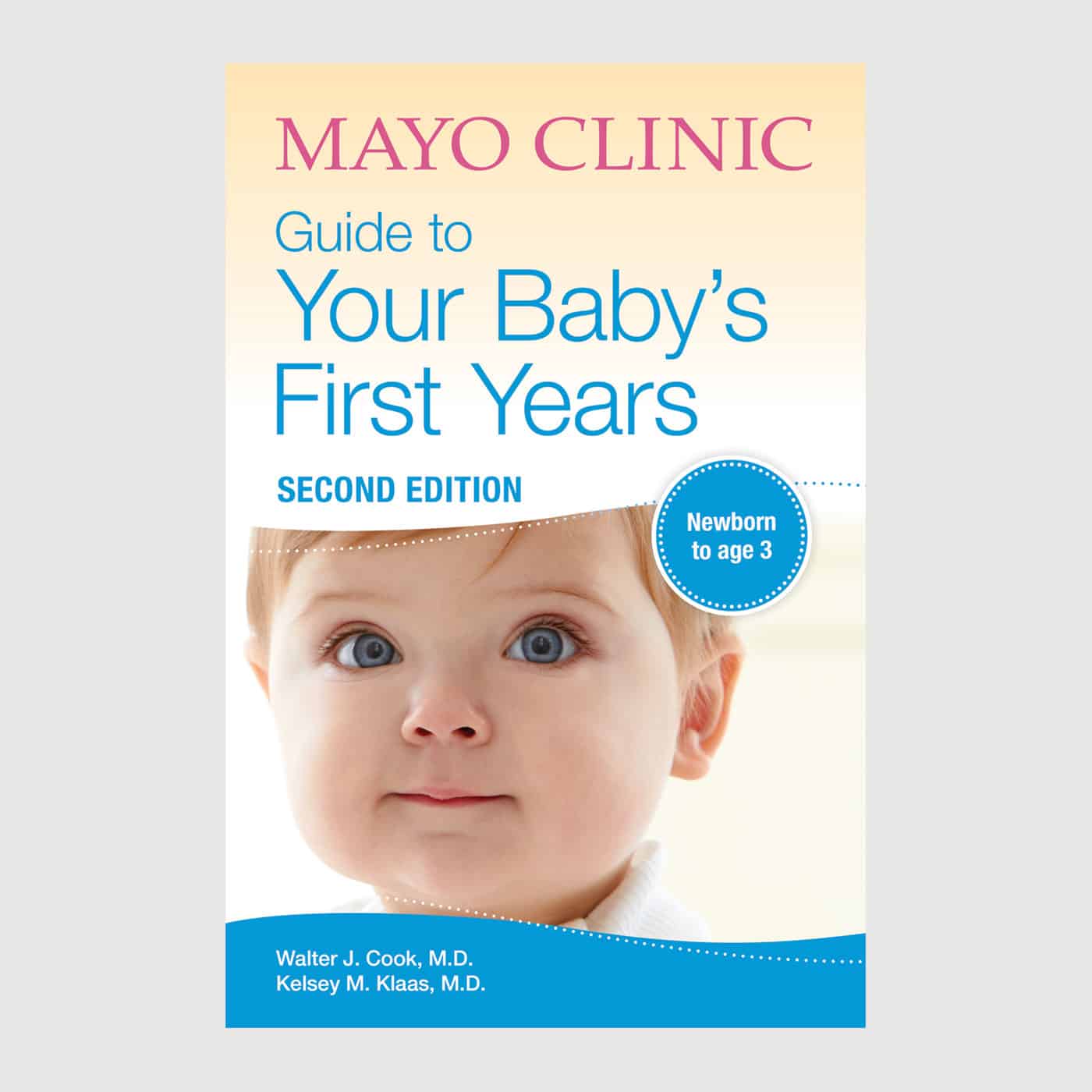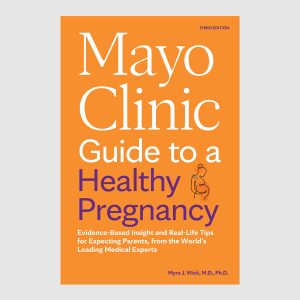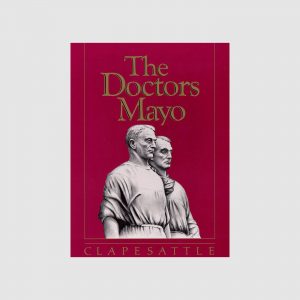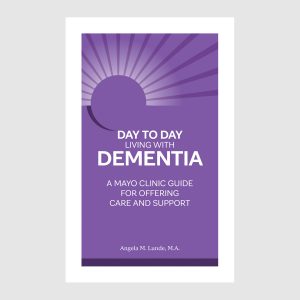
For decades, people have talked about “brain foods” as if they’re different from “body” foods.
However, what’s good for your body — especially your heart — also happens to be good for your brain, says Jonathan Graff-Radford, M.D., a Mayo Clinic neurologist and co-author of Mayo Clinic on Alzheimer’s Disease and Other Dementias.
“The heart and the brain have a similar vascular anatomy,” Dr. Graff-Radford says.
When the blood vessels that supply the brain become narrowed or diseased, cells in the brain can die off. In addition, microscopic strokes can starve brain tissue of oxygen and nutrition. Though most people aren’t aware of them, these strokes can eventually cause enough damage to lead to the memory and thinking problems associated with dementia.
To protect your brain and blood vessels, exercise, stress management, sleep and social connections all matter. So do the foods you consume.
Scientists do not fully understand how specific diets help or harm the brain. However, they suspect at least one of the mechanisms has to do with blood vessel health. By protecting the blood vessels that feed the brain, certain eating patterns may ensure brain cells remain well nourished.
Research-tested dietary approaches
Researchers have extensively studied two dietary approaches for protecting the brain.
The Mediterranean diet
People who follow a Mediterranean diet appear to be less likely to develop dementia than people who follow less healthy eating patterns. Studies also suggest that following a Mediterranean diet may slow cognitive decline in older adults.
As with the Mayo Clinic Diet, the mediterranean eating pattern showcases minimally processed whole foods such as vegetables, fruits, whole grains, beans and legumes and nuts and seeds. Fatty fish and olive oil serve as the primary sources of fat.
Read more: What is the Mediterranean diet?
The MIND Diet
The Mediterranean-DASH Intervention for Neurodegenerative Delay (MIND) diet was created by scientists as a way to combine the heart-healthy benefits of the following two dietary approaches:
- The Mediterranean diet.
- The Dietary Approaches to Stop Hypertension (DASH) diet.
Like the Mediterranean diet, the MIND eating pattern emphasizes plant-based foods such as leafy vegetables, nuts and berries. It also showcases fish and olive oil while limiting saturated fat, sugar, red and processed meat, and fried foods.
Learn more: All about the MIND diet.
How to eat for brain protection
To reap the brain benefits of the Mediterranean and MIND diets, consider taking the following steps.
Replace ultraprocessed foods with minimally processed foods
Several studies have now linked diets rich in ultraprocessed foods with more-significant declines in cognitive function. According to a recent study, replacing even a small portion of the ultraprocessed foods you usually consume with minimally processed options may reduce your risk of developing dementia.
To accomplish this goal, you might:
- Choose a veggie omelet for breakfast instead of a toaster pastry.
- Snack on an apple or a handful of nuts instead of chips.
- Assemble whole grains, legumes and veggies in a lunch bowl to replace your typical ham sandwich.
- Choose a baked potato for a side dish instead of fries.
Consume fish twice a week
Fish is one of the main components of the Mediterranean diet.
Several studies suggest that people who carry the apolipoprotein E (APOE) gene — which is linked to a higher Alzheimer’s risk — may have fewer Alzheimer’s-related changes in their brains if they eat seafood regularly.
Some people worry that the mercury content in some seafood could either harm the brain or cancel out seafood’s positive benefits. However, research finds the opposite.
In one study, scientists gathered dietary information from 286 older adults for several years. After each person died, the researchers autopsied their brains, looking for evidence of brain diseases such as Alzheimer’s and Parkinson’s. People who consumed seafood at least once a week were less likely to have signs of brain disease.
In addition to protecting the brain, weekly seafood consumption also seems to reduce the risk of several other diseases, according to a recent analysis.
Consume a handful of nuts or seeds a day
Nuts and seeds play a starring role in many healthy-eating patterns, including the Mediterranean and MIND diets. They’re rich in alpha-linolenic acid (ALA). ALA is a plant-based fat similar to the healthy fats found in fish. Nuts and seeds also are a good source of polyphenols. This class of compounds seems to protect cells from damage.
People who consumed nuts at least five times a week were less likely to experience cognitive decline than those who consumed nuts less often, according to research that tracked the diets and cognitive abilities of 16,010 women age 70 and older.
Use olive oil instead of other fats and oils
Olive oil is another mainstay of the Mediterranean diet.
Unlike butter, margarine and some other cooking oils, olive oil is a rich source of healthy monounsaturated fatty acids (MUFAs). In addition to helping improve the cholesterol ratio, these fats also play a critical role in protecting the brain. According to a study that tracked the diets and health outcomes of people over 28 years, the consumption of 7 grams of olive oil daily — the amount in half a tablespoon — was associated with a lower risk of dementia-related death.
Eat fibrous plant foods frequently
Along with the foods mentioned above, try to round out your meals with vegetables, fruits, beans and legumes. In addition to containing health-promoting fiber, these foods come packed with plant nutrients that protect cells throughout the body from damage, including cells in the brain.

Relevant reading
Mayo Clinic Guide to Your Baby's First Years, Second Edition
While every baby brings their own set of challenges, Mayo Clinic Guide to Your Baby’s First Years offers informative guidance on standard child care practices such as proper nutrition and comforting a fussy baby. This revised reference guide also gives essential advice for a new generation of parents who face…





















